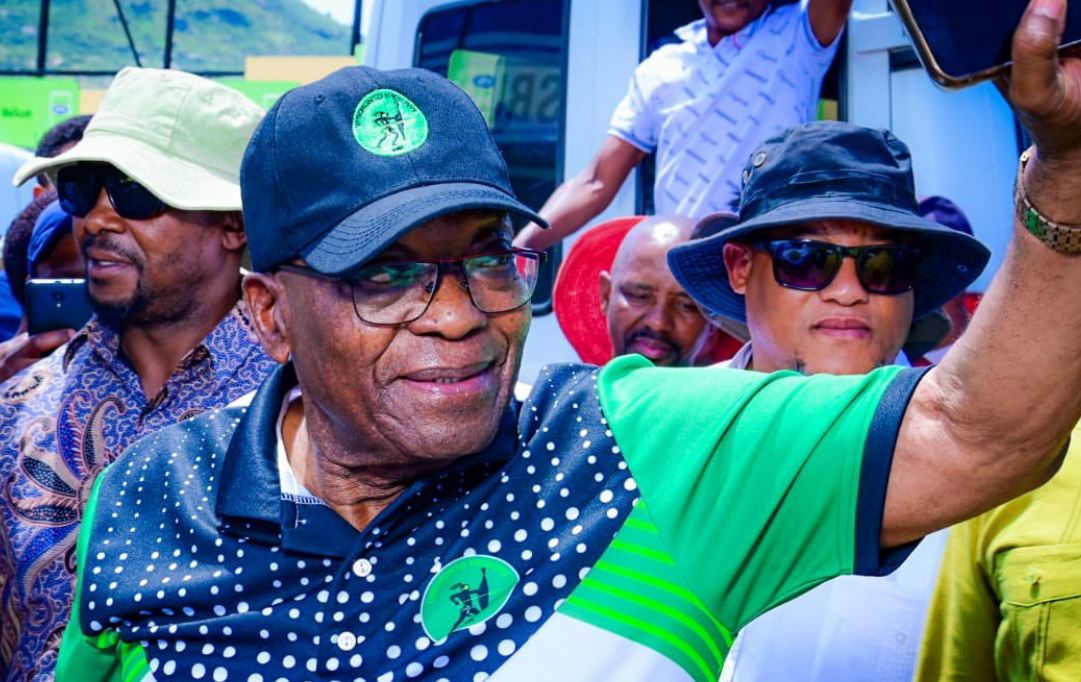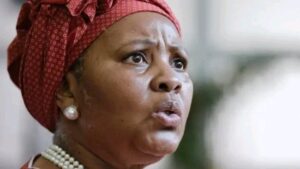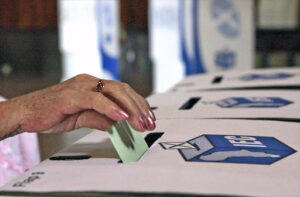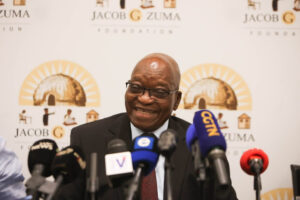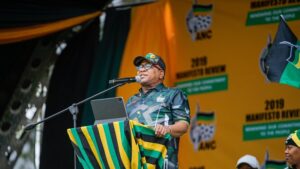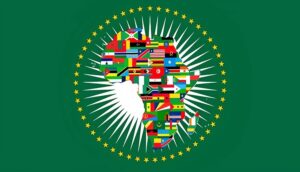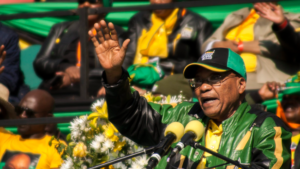In a stirring event in KwaZulu-Natal, Jacob Zuma, the former President and current presidential hopeful for the MK party, captivated an audience with his vehement critique of the nation’s governance. Zuma, with a history that intertwines deeply with South Africa’s political fabric, voiced concerns that struck a chord with many, delineating a vision for the country that revisits and reforms the foundation of its leadership and laws.
The Quest for Traditional Leadership and Legal Reforms
Zuma’s discourse was a poignant reflection on the transformation of power dynamics within South Africa, mourning the diminishment of traditional leadership roles. He reminisced about the historical shift in governance, attributing it to colonial influences that persistently affect the country’s administrative landscape.
“Our visitors [whites] who came here and never left, the first thing they did was to take away leadership powers from traditional leaders. They introduced government, the land was taken away from traditional leaders and given it to the government. Even today our traditional leaders don’t have a say on how the country is ruled,”
Zuma expressed, articulating a sentiment of loss and disenfranchisement that resonates with many.
He further criticized the legislative process in South Africa, highlighting a gap between the government’s actions and public engagement. Zuma argued that the enactment of laws without direct public involvement contradicts the principles of a democratic society.
“We are given laws that are approved in Parliament, without the participation of the public, while they are telling us that we are living in a democracy. The laws are passed while the rest of the country is not aware,”
he noted, pointing out a disconnection that many feel between themselves and the legislative mechanisms that govern them.
Economic Justice and the Vision for an Empowered South Africa
Central to Zuma’s address was a fervent call for economic justice and empowerment. He emphasized the critical need for land restitution and economic reforms that favor the disenfranchised, advocating for the establishment of a government-owned bank and the reclamation of land.
“They did not listen to us, if they don’t listen to us it means we must stand up and take back our land,”
Zuma declared, challenging the status quo and urging action against unfulfilled promises.
His vision extends to a significant legal overhaul, advocating for a transition towards a legal system that embodies African values, aiming for equality and unity under the law.
“Everyone in South Africa must be the same and equal, no one must be better than the other. To achieve that, we are going to change laws,”
Zuma advocated, proposing a paradigm shift to laws that resonate with African principles.
Addressing the economic imbalances, Zuma committed to ending the export of raw materials, proposing instead to enhance local processing and production to foster job creation and economic stability.
“Our gold, that is leaving, it will stop, our gold will be dug here and processed here. We are going to build firms that will process the gold here and be sold by us, so that people can get employment,”
he stated, envisioning an economy that benefits its citizens first and foremost.
As South Africa stands on the brink of electoral decisions, Zuma’s impassioned plea for a governance model that places people above politics offers a beacon of hope for many. His call for a return to equity, empowerment, and self-determination mirrors the aspirations of a significant segment of the South African populace, eager for tangible change and a future that honors the nation’s diverse heritage and potential.

